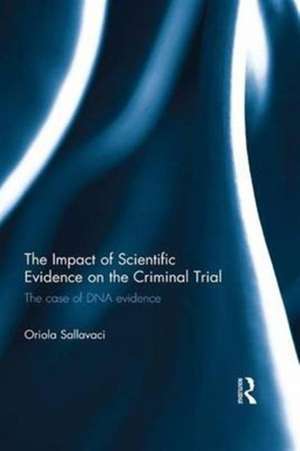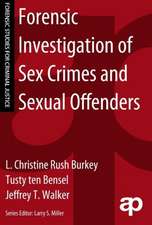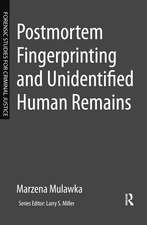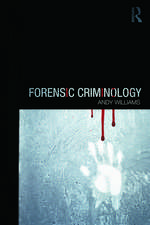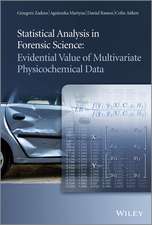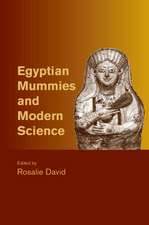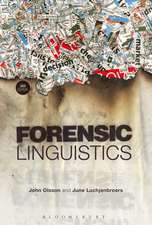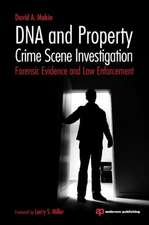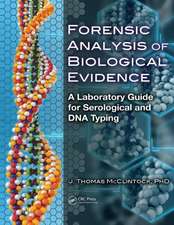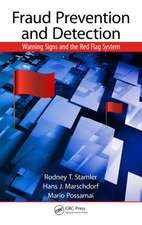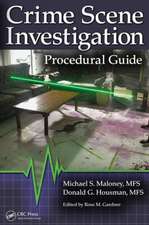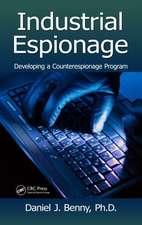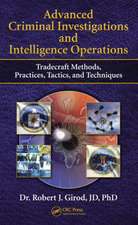The Impact of Scientific Evidence on the Criminal Trial: The Case of DNA Evidence
Autor Oriola Sallavacien Limba Engleză Paperback – 3 mar 2016
Through the lens of DNA evidence, the book investigates how far the use of scientific evidence in the fact finding process poses challenges for the adversarial character of the proceedings and rules of evidence; how it affects the role of the judge, jury and expert witness, as well as the principle of orality and continuity of the trial. In comparing the challenges faced in English common law trials to those of the USA, this book has international scope, and will be of great use and interest to students and researchers of Criminal Law and Practice, Policing, and the role of Forensics in Law.
| Toate formatele și edițiile | Preț | Express |
|---|---|---|
| Paperback (1) | 415.24 lei 6-8 săpt. | |
| Taylor & Francis – 3 mar 2016 | 415.24 lei 6-8 săpt. | |
| Hardback (1) | 1058.79 lei 6-8 săpt. | |
| Taylor & Francis – 11 feb 2014 | 1058.79 lei 6-8 săpt. |
Preț: 415.24 lei
Nou
Puncte Express: 623
Preț estimativ în valută:
79.46€ • 83.13$ • 66.00£
79.46€ • 83.13$ • 66.00£
Carte tipărită la comandă
Livrare economică 03-17 aprilie
Preluare comenzi: 021 569.72.76
Specificații
ISBN-13: 9781138665606
ISBN-10: 1138665606
Pagini: 234
Dimensiuni: 156 x 234 x 16 mm
Greutate: 0.43 kg
Ediția:1
Editura: Taylor & Francis
Colecția Routledge
Locul publicării:Oxford, United Kingdom
ISBN-10: 1138665606
Pagini: 234
Dimensiuni: 156 x 234 x 16 mm
Greutate: 0.43 kg
Ediția:1
Editura: Taylor & Francis
Colecția Routledge
Locul publicării:Oxford, United Kingdom
Public țintă
PostgraduateCuprins
1. DNA evidence and the criminal trial 2. Challenging the reliability of DNA evidence: lessons to learn from history 3. Towards a new regime for the admissibility of expert evidence: the impact on the criminal trial 4. The interpretation and presentation of DNA evidence 5. Evaluating the weight of scientific evidence 6. The impact of scientific evidence on the criminal trial
Descriere
This book explores challenges posed by the use of DNA evidence to the traditional features, procedures and principles of the criminal trial. It examines the limitations of existing theories of criminal trial processes in the face of increasing use of scientific evidence in the court room.
